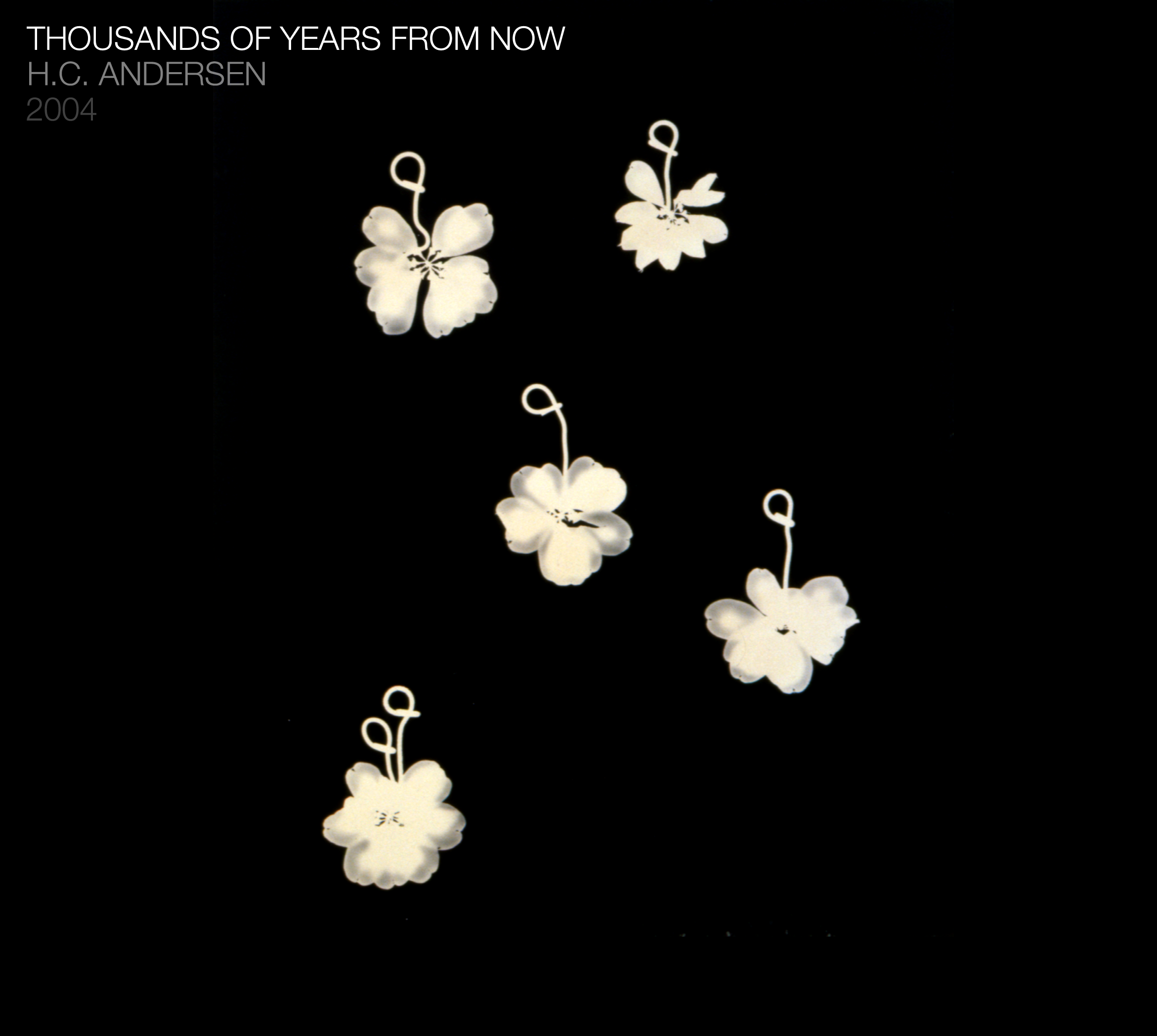
Thousands of Years from Now (1852)
Yes, thousands of years from now men will fly on wings of steam through the air, across the ocean. The young inhabitants of America will visit old Europe. They will come to see the monuments and the great cities, which will then lie in ruins, just as we in our time make pilgrimages to the ruined splendors of southern Asia. Thousands of years from now they will come!
The Thames, the Danube, and the Rhine still roll in their valleys, Mont Blanc still stands firm with its snowy summit, the northern lights still glitter over the lands of the North, but generation after generation has become dust. Mighty names of today are forgotten–as forgotten as those who already slumber under the hill where the rich corn merchant sits and gazes out across his flat and waving cornfields.
“To Europe!” cry the young sons of America. “To the land of our ancestors, that glorious land of memory and legends! To Europe!”
The ship of the air comes. It is crowded with passengers, for this is a much faster crossing than by sea. The electromagnetic wire under the ocean has already cabled the number of the aerial travelers. Already Europe is in sight–the coast of Ireland. But the passengers are still asleep and will not be called until they are over England. It is there that they still take their first step onto the soil of Europe, in the land of Shakespeare, as the intellectual call it, or the land of politics and land of machines, as it is called by others.
Here they stay a whole day! That is all the time this busy generation can give to the whole of England and Scotland. Then they rush on, through the tunnel under the English Channel, to France, the country of Charlemagne and Napoleon. The learned among them speak of Molière and the classic and romantic school of remote antiquity; others applaud the names of heroes, poets, and scientists whom our time does not yet know, but who will in afterdays be born in that crater of Europe, Paris.
Now the steamboat of the air crosses the country whence Columbus set sail, where Cortez was born, and where Calderón sang his dramas in resounding verse. Beautiful, black-eyed women still live in those blooming valleys, and the ancient songs tell of the Cid and the Alhambra.
Then through the air, across the sea, to Italy, where once stood old, eternal Rome. It has vanished! The Campagna is a desert; a solitary ruined wall is shown as the remains of St. Peter’s, and there is even doubt that this ruin is authentic.
On to Greece, to spend a night in the hotel at the top of Mount Olympus, just so they can say that they have been there. Then to the Bosporus, for a few hours’ rest and to see the spot where Byzantium stood; and where legends tell of the harems of the Turks, poor fishermen are now spreading their nets.
Over the ruins of the mighty cities of the Danube, cities that we in our days know not yet; and on the rich sites of some of those which time shall yet bring forth, the air travelers sometimes descend, only to depart again quickly.
Down below lies Germany, which was once covered with a massive network of railways and canals. Germany, where Luther spoke, and Goethe sang, and Mozart once held the scepter of music! Great names of science and art now shine there–names still unknown to us. One day’s stopover for Germany, and one for the other–the country of Oersted and Linnaeus, and for Norway, land of old heroes and young Norwegians. Iceland is visited on the journey home; the geysers burst forth no more, the volcano Hecla is extinct, but that great island is still fixed in the foaming sea, mighty monument of legend and poetry.
“There is really a great deal to be seen in Europe,” says the young American proudly. “And we’ve seen it in eight days; and it is quite possible, as the great traveler” (and here he names one of his contemporaries) “tells us in his famous book, How to See All Europe in Eight Days.”
By H.C. Andersen (1852). Translation by Jean Hersholt, published in The Complete Andersen (New York, 1949).
